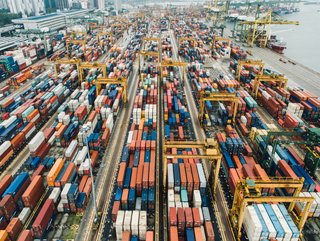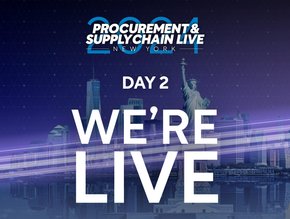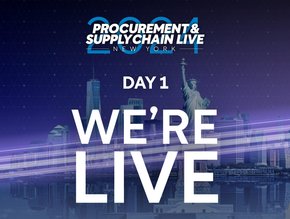Gartner Research Lays Bare Gen AI Impact on Logistics

A quarter of all logistics KPIs will be powered by generative AI by the year 2028, according to research published by Gartner.
In a bid to gauge the increasing impact of Gen AI on activities across the supply chain, the consulting giant spoke to industry leaders for their unique insight on how it is being integrated into logistics.
And executives forecast that 25% of key performance indicators within the field are set to be driven by the emerging technology.
Gartner’s survey shows a shift towards leveraging Gen AI in supply chain and logistics is well under way, with half of leaders planning implementation in the next 12 months and an additional 14% already doing so.

“Gen AI presents an opportunity for logistics leaders to uncover additional insights from logistics data and drive operational efficiency,” explains Carly West, Senior Director Analyst in Gartner’s Supply Chain practice.
“KPI reporting is a challenging area for many organisations, and it is ripe for exploration with Gen AI to uncover valuable findings from logistics data at a greater speed.”
Gartner makes case for Gen AI in logistics
In logistics, KPI reporting helps leaders track operational performance against targets and make future projections.
However, many companies struggle to efficiently gain insights, often overlooking difficult-to-access data sources and spending vast amounts of time manually reviewing documents, correspondence and transcripts.
Gen AI’s ability to use natural language processing to query and display KPIs enables logistics leaders to quickly summarise multiple data sources to draft scorecards, while also enabling prompts to present and explain results, conduct root cause analysis and analyse supplier data to evaluate performance.
“The ability to gather and consolidate different data sources will remove obstacles that logistics leaders currently run into,” adds West.
“Moreover, the ability to understand where challenges are occurring in real time will enable faster corrective action to improve logistics performance – in turn driving operational and financial results.”
Assessing Gen AI readiness
Logistics leaders everywhere are considering where Gen AI can support their KPI reporting.
But, prior to implementation, it will first be critical to assess their organisations’ level of maturity, culture, internal capability and data and talent availability.
“As with any new technology, evaluating your organisation’s readiness prior to beginning implementation is key,” adds Jose Reyes, Senior Director Analyst in Gartner’s Supply Chain practice.
“Reviewing your existing technology stack and establishing the right KPIs before exploring how Gen AI can help is important for maximising value.”
What’s also important is for logistics leaders to consider how and when they can demonstrate value. Taking advantage of KPI reporting through embedded options in solutions or technology already used by the organisation will likely drive quicker wins.
As Gen AI matures, logistics leaders may be able to build these models on top of their internal datasets, making queries for KPI metrics and reporting easier, more robust and more accurate.
******
Check out the latest edition of Supply Chain Magazine and sign up to our global conference series – Procurement and SupplyChain LIVE 2024.
******
Supply Chain Digital is a BizClik brand.
- Procurement & Supply Chain LIVE New York 2024: Day Two RecapDigital Supply Chain
- Submissions Closed: Global Procurement & Supply Chain AwardsDigital Supply Chain
- Sustainability Shines Through on P&SC LIVE New York Day OneSustainability
- Celebrating International Supply Chain Professionals DayOperations






